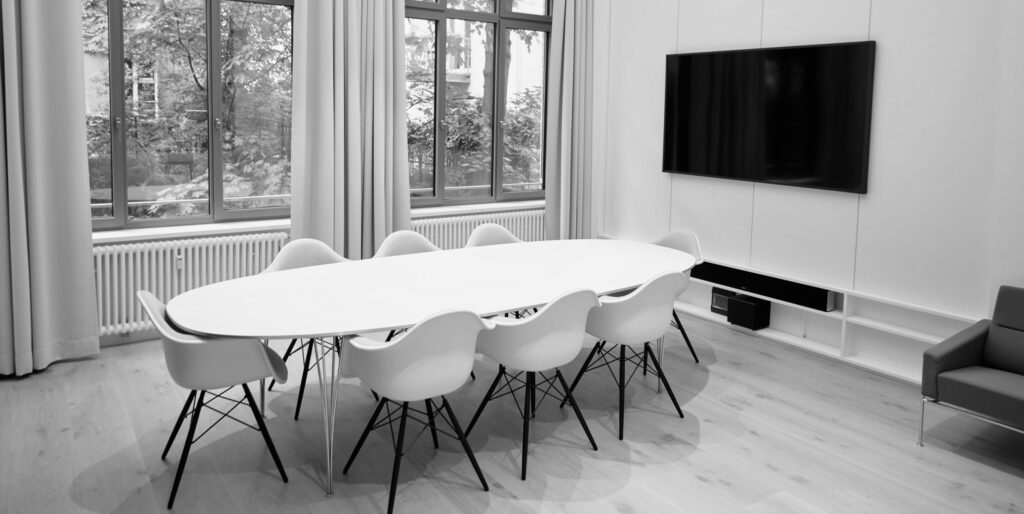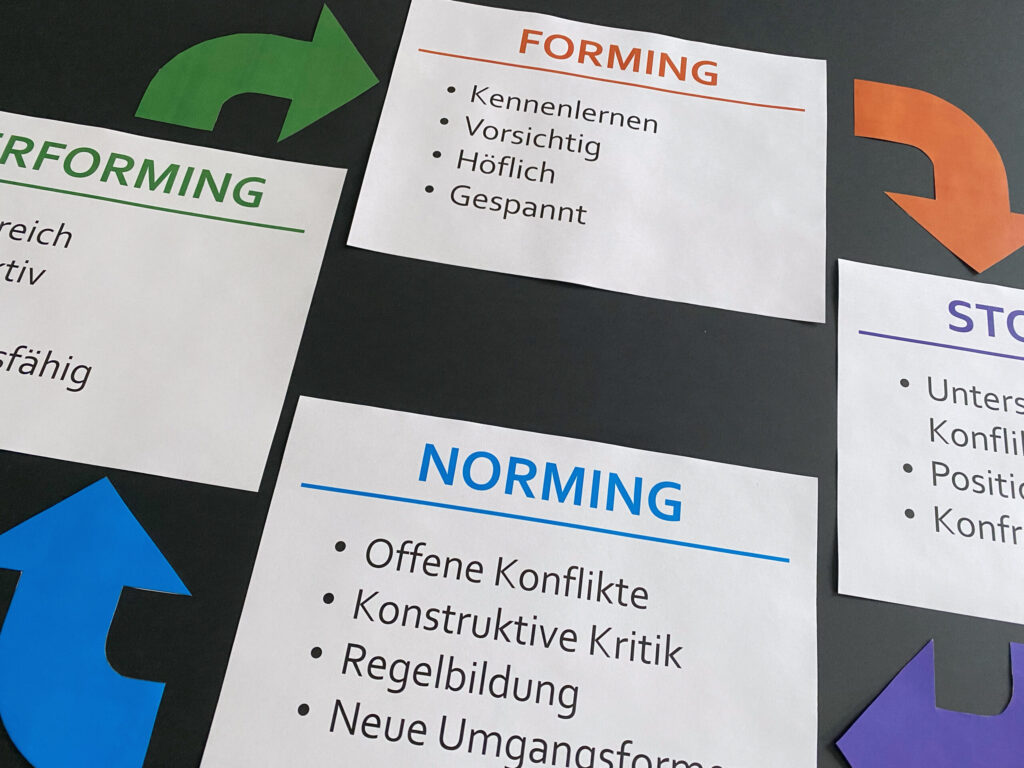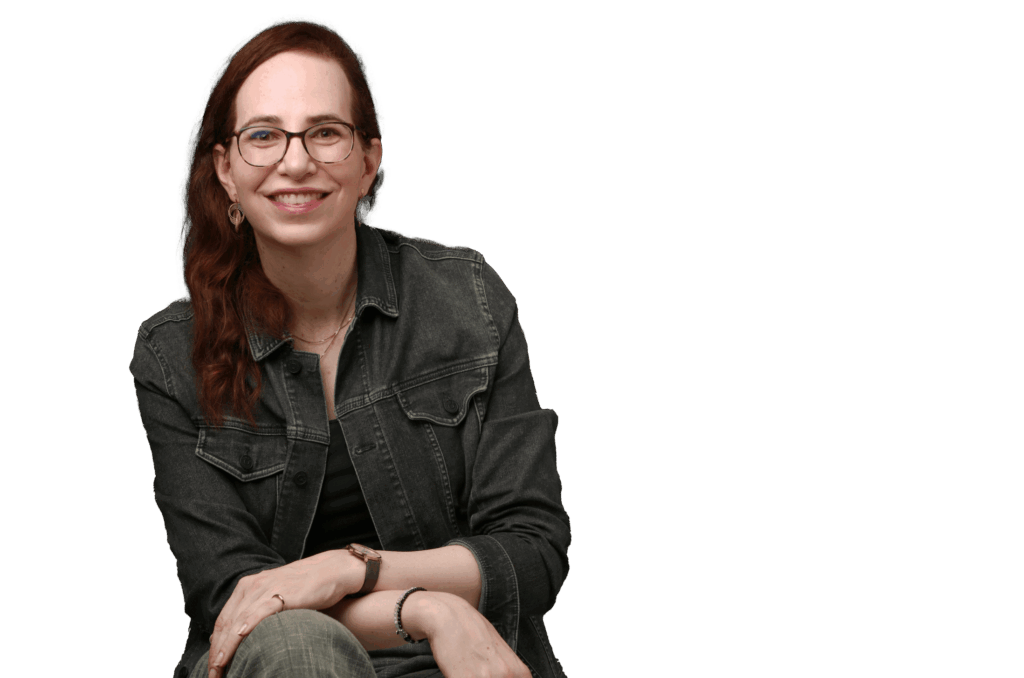Team Development

Unleash your team’s full strength and passion
Team development is time well invested. It creates space to reflect on how you work together – to strengthen trust, clarify tensions, and make collaboration more intentional. Your team usually senses where things get stuck and what wants to change. In our work together, we explore exactly that: Where are you now? What’s in your way? What needs understanding – and what’s ready to grow? Different expectations, styles, and backgrounds all flow into this process. That diversity is not an obstacle – it’s the source of your team’s energy and potential.
Possible formats
Team Coaching
Team Mediation
Team Retrospective
Team Supervision
Trainings & Keynotes
Topics
Some examples

Purpose: What is our shared North Star – our purpose as a team? How do we create identification and meaning from within? What values connect us? And how attractive and alive is our shared goal – for the team as a whole, and for each member?

Regular communication: How do we communicate regularly and with intention? What’s our way of talking about progress and what’s ahead? How do we share feedback and maintain appreciation – even in stressful times? How do we celebrate successes and also talk about setbacks openly?

Roles & organization: How do we define our roles – and how clear are they? How do we ensure structure and routines that support smooth collaboration? When do we cooperate, and when do we divide tasks? How do we balance responsibility and control?

Conflicts: How do we address and resolve conflicts in a trusting and lasting way? How do we deal with role or goal tensions that can affect collaboration? How do we keep differences from becoming personal – and talk not only about positions, but also about the needs and wishes behind them?

Working style: What mutual expectations do we have for how we work together? What level of commitment do we want from each other? How do we allow space for flexibility and individuality?

Growth: What roles or competencies are missing in our team? Where do we want to develop? What do we need to stay capable and connected as our challenges evolve?
Team Phases
B. Tuckman’s Phase Model
After the initial stage of getting to know each other and polite orientation (Forming), teams usually enter a more challenging period of positioning and underlying tensions (Storming). Working through this phase means establishing shared rules and understanding for collaboration. With open feedback and transparency, different perspectives begin to align (Norming). From there, the team grows into a stage of genuine cohesion and high effectiveness (Performing).

Ready for the first step?

Frequently Asked Questions
Every team is different. I don’t work with ready-made concepts or off-the-shelf methods.
We start with an initial conversation about your concern – what’s going on, what you wish for, where things feel stuck. From there, a process unfolds that suits your team. Sometimes it’s a single workshop day, sometimes a series of conversations. I work situationally, not by template.
Both work beautifully. I live and work in Berlin and support teams across Germany – on site or online.
In-person settings allow for more resonance – body language, energy, subtle tones. That’s why I like to start with direct contact: at your location or in external spaces I can organize through partners if needed. After that, much of the work can continue digitally.
Yes. I treat all conversations as confidential.
Within the team, we clarify together what should stay within the group – and how you’d like me to handle communication with potential sponsors or third parties. Trust is the foundation of my work, not a footnote.
It depends on the framework – group size, duration, and number of sessions. I work with daily or package rates, depending on the process and your needs, and only for as long as it’s truly useful. Sometimes one day is enough. Sometimes the process lasts several months. At the beginning, we set duration and rhythm together – and adapt as we go.
Then we stay with it. Together. I don’t see conflicts as a disturbance but as an entry point to what’s really at work. As a trained mediator, I accompany such processes attentively and with care – helping to smooth what’s rough, clarify what’s tense, and rebuild trust where it’s been strained. My role is to hold space, mirror, and support so that clarity and connection can re-emerge.
I work with teams in large organizations as well as in start-ups, associations, and volunteer projects. What matters is not the industry or size, but the willingness to meet honestly and take shared responsibility. Where people come together and want to create change, I’m happy to accompany the process.
Yes – that’s exactly what the free introductory call is for. A short, open conversation where you don’t have to decide anything. Just listen, sense, and see if it feels right.
